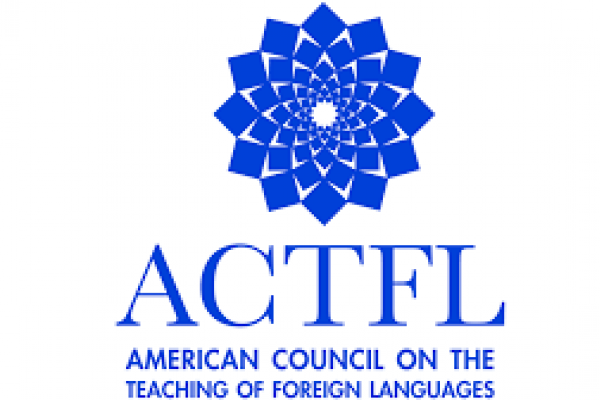
EASC will be hosting a ACTFL OPI Assessment Workshop focusing on Chinese language:
OPI Assessment Workshop (4 days) Prerequisite:
Affiliation with an academic institution as defined by ACTFL, undergraduate degree in a related field, minimal proficiency level of Advanced in the language training.
Workshop details:
This four-day ACTFL workshop provides an introduction to the techniques of administering and rating the Oral Proficiency Interview (OPI). Participants will observe and conduct live practice interviews across all proficiency levels (Novice through Superior). They will critique and discuss interview elicitation, structure, and rating. Please note that participation in a Full OPI Assessment Workshop is the first step toward becoming an ACTFL Certified OPI Tester. See ACTFL website for more details.
Registration: Very limited space. Please email stucky.7@osu.edu for regstration link.
Cost: Workshop free to qualified candidates; lunch and certification as an OPI tester not included
Interested in becoming a Certified OPI Tester?
The first step to certification begins by participating in a 4-day OPI Assessment Training workshop. After the workshop, tester candidates may apply for certification. In order to be certified as an ACTFL OPI Tester, tester candidates must successfully complete the following steps:
· Attend an ACTFL OPI Workshop
· Prepare and submit recorded interviews and rating rationales
· Demonstrate one’s language proficiency as evidenced by an official ACTFL OPI in the language of certification
· Demonstrate the ability to conduct ratable samples and to rate reliably
See ACTFL website for more details.
Please contact Janet Stucky Smith, stucky.7@osu.edu or614-292-3345 with questions or comments.
Co-sponsors: East Asian Studies Center and a U.S. Department of Education Title VI Grant
